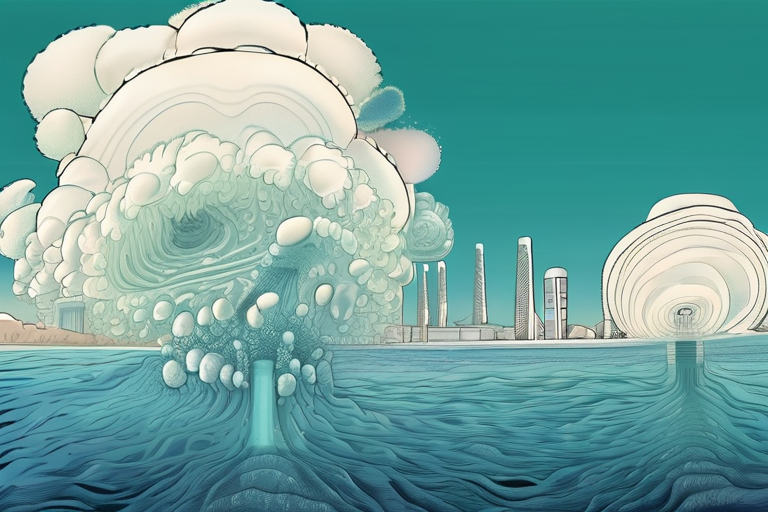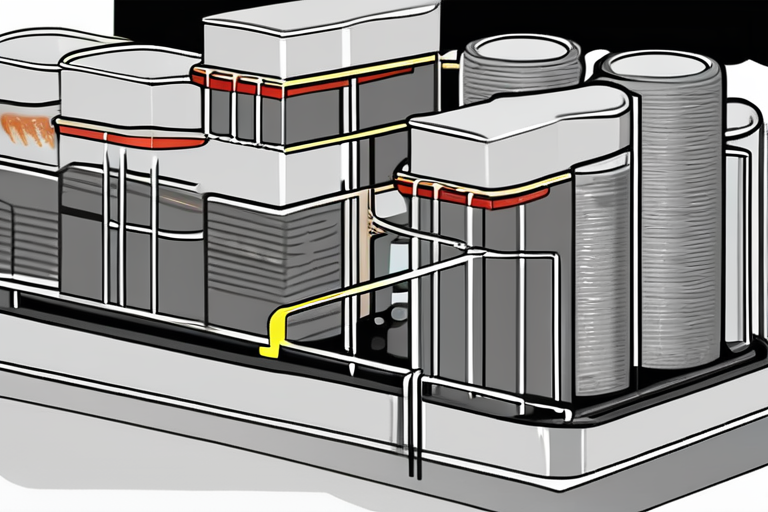Marine Heat Waves Clog Ocean's Carbon Sink, Altering Phytoplankton Balance


Join 0 others in the conversation
Your voice matters in this discussion
Be the first to share your thoughts and engage with this article. Your perspective matters!
Discover articles from our community

 Hoppi
Hoppi

 Hoppi
Hoppi

 Hoppi
Hoppi

 Hoppi
Hoppi

 Hoppi
Hoppi

 Hoppi
Hoppi

Steve Jobs Remembered on 14th Anniversary of His Death Fourteen years have passed since the passing of Steve Jobs, co-founder …

Hoppi

Europe's Airports Hit by Cyberattack, Thousands Affected A suspected cyberattack on Sunday, September 20, 2025, crippled the check-in systems of …

Hoppi

US Tech Giants Launch Economic Rescue Mission for UK In a surprise move, US tech giants led by Nvidia CEO …

Hoppi

Tether and Circle Accused of "Printing Money" as Stablecoin Market Evolves Stablecoin issuers Tether and Circle are raking in profits …

Hoppi

Kamala Harris' Secret Service Detail Withdrawn, Raising Questions About Security and Politics In a move that has sparked controversy, President …

Hoppi

Biochar's Secret Power Could Change Clean Water Forever September 26, 2025 - Scientists at Shenyang Agricultural University have made a …

Hoppi